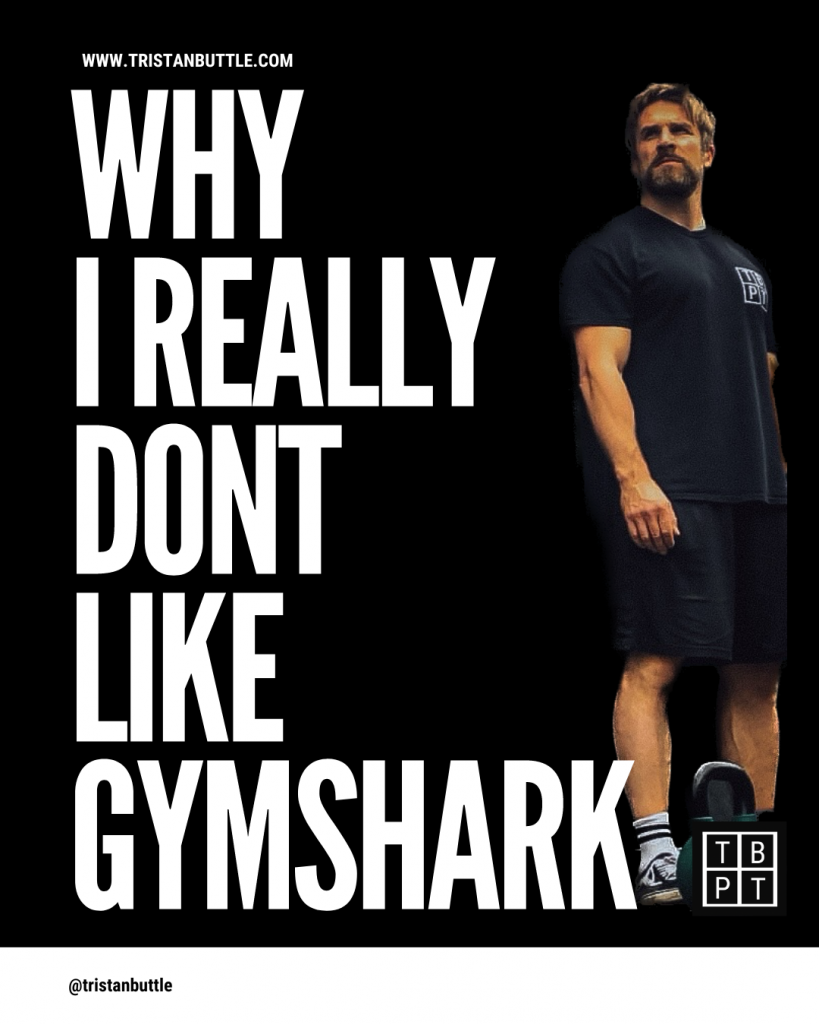
The story of clothing brand Gymshark is one of massive success.
After launching in 2012 the company was valued at over £1 billion in 2020!
Gym-shark gained initial success by tapping heavily into influencer marketing.
At the time the only requirement to represent the brand appeared to be : you have to be ripped!
No qualifications or insurance?
No experience of actually training real people?
That’s fine.
Look good in a stringer vest?
Crack on!
This saw a huge transition from influencer to online coach who became responsible for giving out (poor) training & diet advice.
Gym-shark hand picked these people based on their aesthetics and put them in a position of authority.
Bearing in mind the target audience was typically teenage gym goers, it’s safe to say that this age range are very influenced by what they see. I know because I’ve been a 16 year old lad obsessed with how I look.
The reality is that not only were these people unqualified, but they also showcased physiques that are unobtainable naturally.
This is fine is the individual is transparent about their drug use, but this wasn’t the case.
So we have incorrect advice that isn’t grounded in science, been given to a younger audience by people who are unqualified, who also happen to be lying about drug use.
Great combo!
Gym-shark is a huge success and nobody can take that away from them, but, in my opinion, a huge amount of that success (especially in their earlier days) is built on lies.
Tristan ‘no shark’ Buttle.